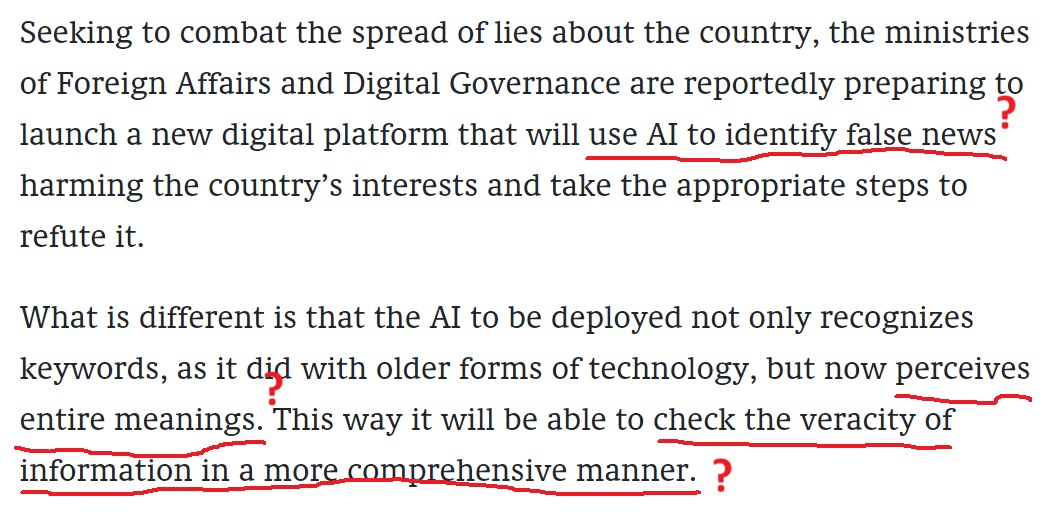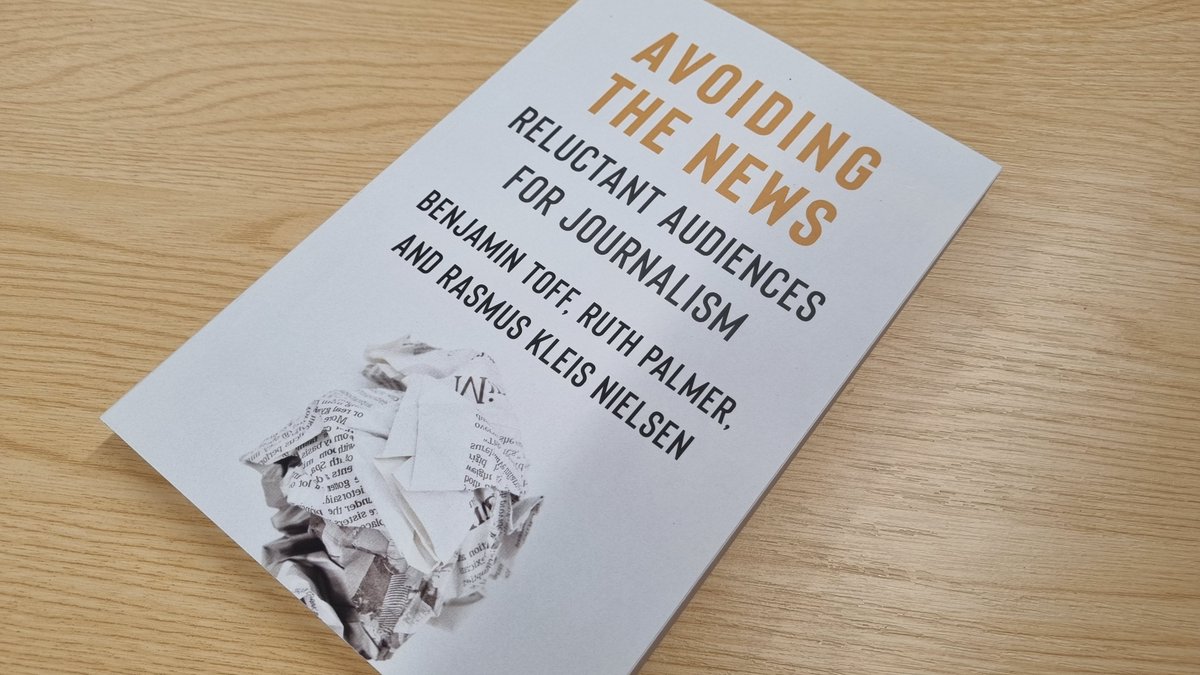We all live somewhere, not nowhere, and appealing to and contributing to that sense of place is one of the opportunities in an otherwise very challenging environment for local news.
A few notes and links from my talk at #infolocale @FILinfolocale
1/6
A few notes and links from my talk at #infolocale @FILinfolocale
1/6
Competition for attention, ads, and $$$ is brutal, and I expect many local news media will continue to see revenues shrink, that some will close, and more consolidation (will latter help?).
But as @annisch has shown, many still care about local news digitalnewsreport.org/survey/2020/gl…
2/6
But as @annisch has shown, many still care about local news digitalnewsreport.org/survey/2020/gl…
2/6
Interesting points from @annisch work include -
1) More people say they are interested in local news than politics
2) Interest in local news more equal across differences in e.g. education
3) Local news often trusted, also across political divides
digitalnewsreport.org/survey/2020/gl…
3/6
1) More people say they are interested in local news than politics
2) Interest in local news more equal across differences in e.g. education
3) Local news often trusted, also across political divides
digitalnewsreport.org/survey/2020/gl…
3/6
None of this makes severe challenges go away, but they are opportunties for moving ahead in a digital, mobile, and platform-dominated environment.
I think we know that (a) business as usual won't work, (b) print profits won't last, and (c) cost-cutting alone not a strategy
4/6
I think we know that (a) business as usual won't work, (b) print profits won't last, and (c) cost-cutting alone not a strategy
4/6
How are local news media navigating challenges? @joyjenkins and I identified three ideal typical responses, pursuit of
1) National scale
2) Regional breadth
3) Local depth
(Beyond this, new digital-born entrants like @thelincolnite @TheBristolCable)
reutersinstitute.politics.ox.ac.uk/our-research/d…
5/6
1) National scale
2) Regional breadth
3) Local depth
(Beyond this, new digital-born entrants like @thelincolnite @TheBristolCable)
reutersinstitute.politics.ox.ac.uk/our-research/d…
5/6
Some of the future of local news hinges on finding ways of building sustainable (even if often smaller and less lucrative) businesses.
But also editorial innovation. e.g. the cases of collaboration @joyjenkins and @gravesmatter analyse in this report reutersinstitute.politics.ox.ac.uk/our-research/c…
6/6
But also editorial innovation. e.g. the cases of collaboration @joyjenkins and @gravesmatter analyse in this report reutersinstitute.politics.ox.ac.uk/our-research/c…
6/6
• • •
Missing some Tweet in this thread? You can try to
force a refresh











